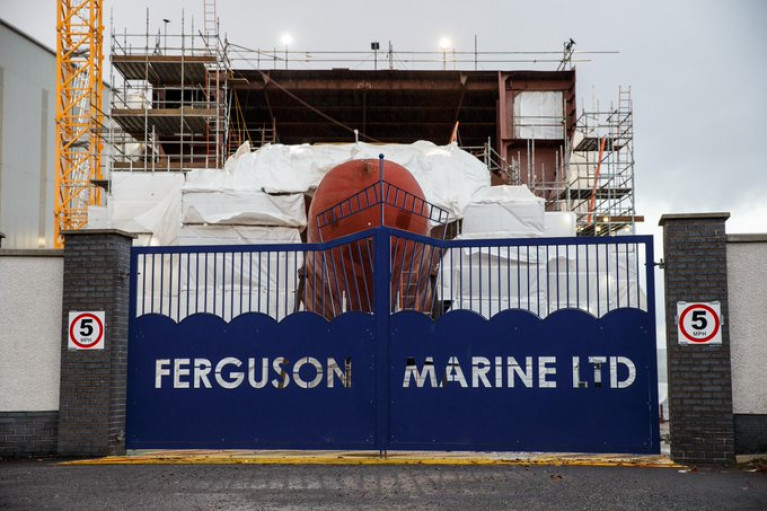Displaying items by tag: Not apologise
The First Minister of Scotland, Nicola Sturgeon has said she will “not apologise” for decisions taken with the aim of saving the shipyard Ferguson Marine.
The Clyde yard was nationalised in 2019, but island communities are still awaiting the delivery of two new ferries (see CalMac naming story), with the project facing delays as well as being over-budget.
Earlier this week, businessman Jim McColl hit out at the First Minister over her claim that the yard would have closed had the Government not intervened.
McColl accused the SNP leader of lying about the number of jobs that were saved at the yard at the time and said there was “no danger” of the yard closing at the time.
The First Minister, however, has defended the actions taken by her government, as she pointed to 400 workers who are currently employed at the yard.
Scottish Conservative leader Douglas Ross raised the issue at First Minister’s Questions on Wednesday – being held a day early at the Scottish Parliament due to the local election on Thursday.
STV News has further coverage on the shipyard issue raised at Holyrood, the Scottish parliament.
























































